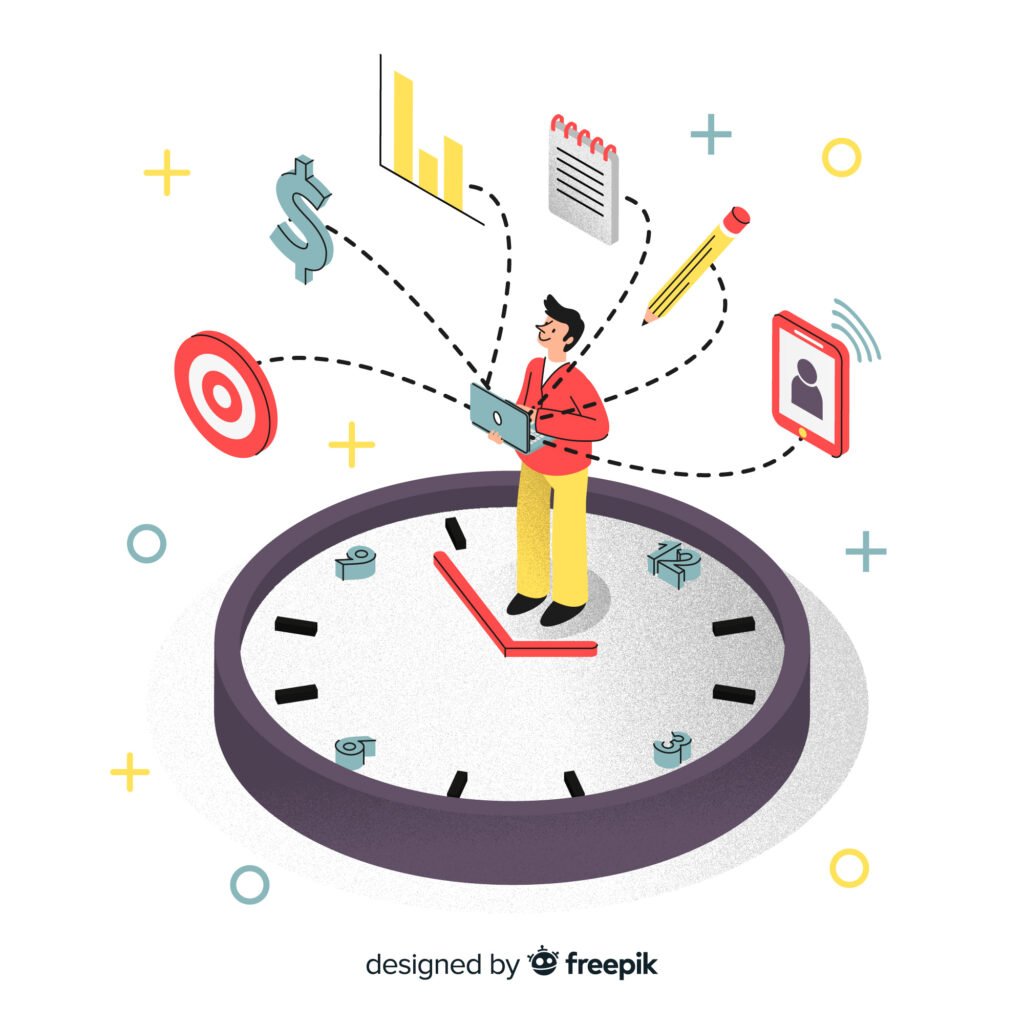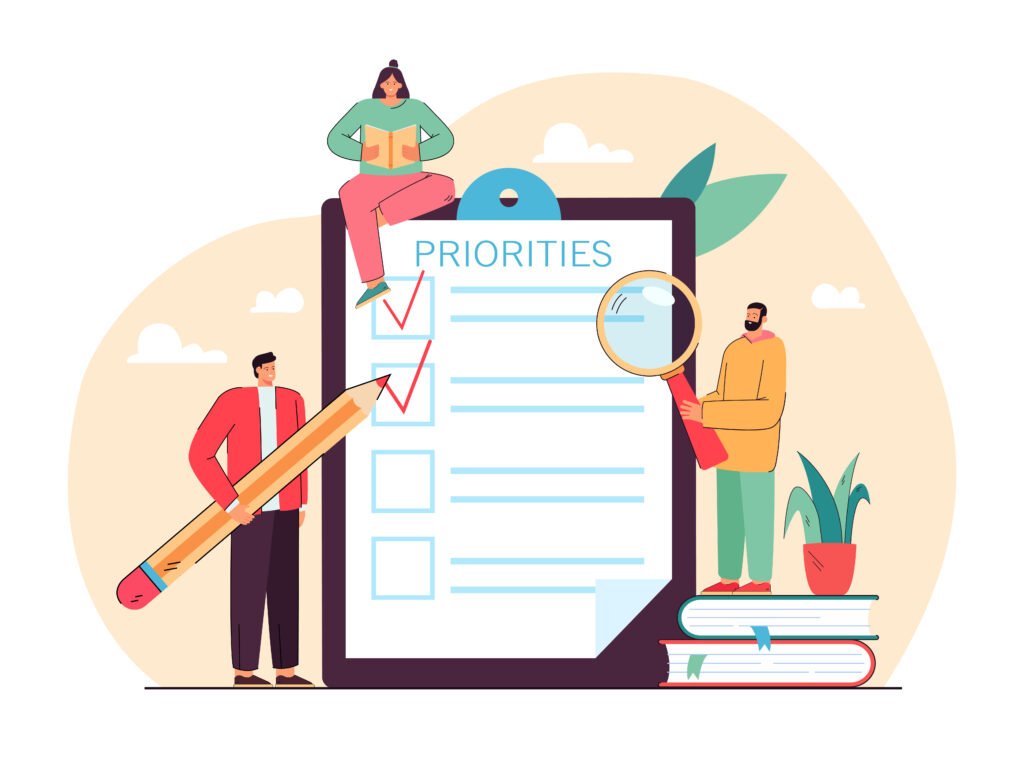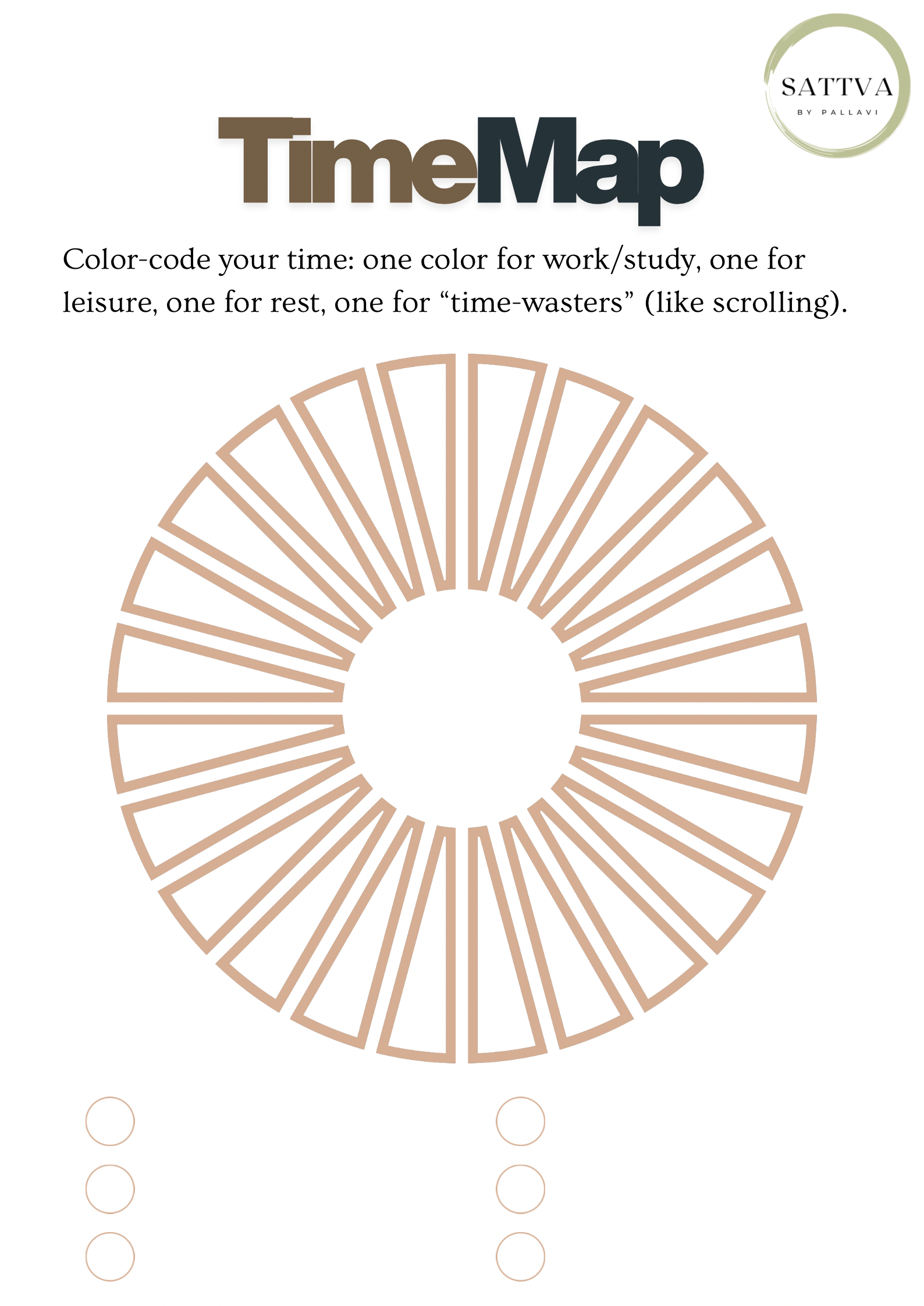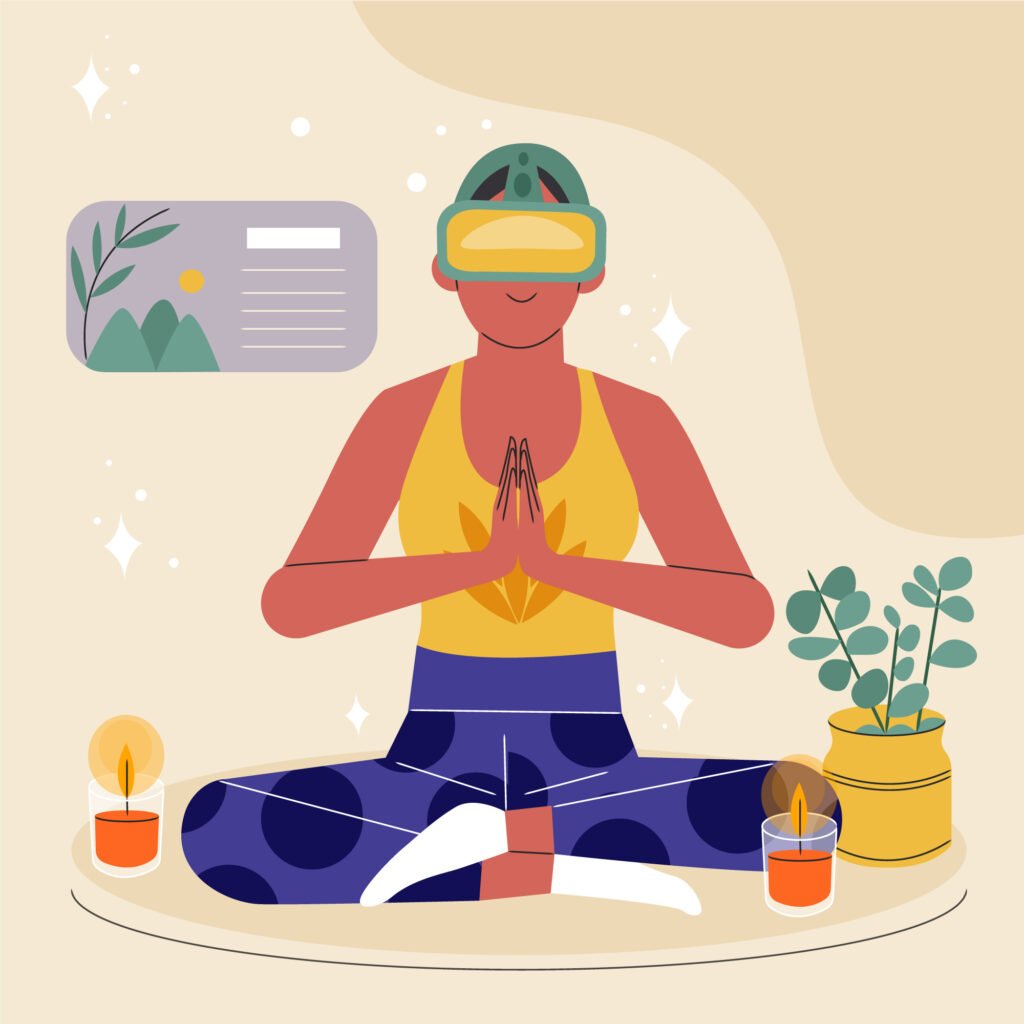If there’s one thing we all wish we had more of, it’s time. Yet no matter who you are, an intern, a CEO, or a student cramming for exams, everyone gets the same 24 hours. The difference isn’t in how much time we have, but in how we use it. Managing your time doesn’t mean …
If there’s one thing we all wish we had more of, it’s time. Yet no matter who you are, an intern, a CEO, or a student cramming for exams, everyone gets the same 24 hours. The difference isn’t in how much time we have, but in how we use it.
Managing your time doesn’t mean squeezing in more tasks, hustling harder, or working until you burn out. It means treating time like your most important resource and learning how to invest it wisely. And the good news? You don’t need complicated apps or color-coded planners to get started, you just need a few simple habits.

1. Track Your Time: Awareness Is Everything
Think of your time like money. If you don’t know where it’s going, you’ll always feel broke. Start by tracking your day for one week. Jot down when you wake up, work, scroll on your phone, eat, rest, everything. You’ll be surprised at how much of your time leaks into things you didn’t even notice. Awareness is the first step toward taking control.

2. Prioritize Wisely: Urgent vs. Important
Here’s the trap: we often confuse urgency with importance. An email notification might feel urgent, but that doesn’t mean it’s important. Ask yourself “What actually moves me forward?” Make your top 3 priorities for the day, and let the smaller, less urgent things wait their turn.
3. Time Block: Schedule Your Day Like an Appointment
If something isn’t scheduled, it usually doesn’t get done. Time blocking is a simple habit where you dedicate chunks of your calendar to specific tasks, like “10–12: write report” or “3–4: brainstorming.” It creates structure, reduces multitasking, and helps you protect focus.
4. Learn to Say No: Protect It Like Your Peace
Every “yes” is also a “no.” When you say yes to extra meetings, endless favours, or yet another Netflix episode, you’re saying no to something else, maybe rest, maybe progress, maybe peace of mind. Practice saying “no” with kindness but firmness. Your future self will thank you.

5. Rest Matters: Doing Well > Doing More
One of the biggest myths about productivity is that it’s about doing more. In reality, productivity is about doing well. Sleep, breaks, exercise, or just sitting quietly with a cup of tea all recharge your brain. Rest isn’t a luxury, it’s a strategy.
The Art of Time Management

Time management isn’t about strict rules or rigid schedules, it’s an art. It’s about knowing yourself, your energy levels, and your rhythms. Some people work best in the early morning, while others find their focus at night. Some need long, deep work sessions, while others thrive on shorter bursts.
The art lies in matching your tasks to your natural flow. Save creative or strategic work for when your mind is sharpest, and handle routine tasks when your energy dips. Build in small rituals, like a morning routine or evening wind-down, to give your day a rhythm. When you align your time with your energy, productivity feels natural instead of forced.
Activity: Make Your Own Time-map
Here’s a simple exercise to bring this to life:
- Grab a blank sheet of paper. Draw a circle (like a clock).
- Divide it into 24 segments, each representing one hour of your day.
- Color-code your time: one color for work/study, one for leisure, one for rest, one for “time-wasters” (like scrolling).
- Look at your map. Where’s most of your time going? Do your priorities and values show up?
- Now, redraw a “dream Time-map”, how you’d ideally spend your 24 hours. Even small tweaks (like turning one hour of scrolling into reading or exercise) can change everything.
This visual activity makes it easy to see where your time is being invested, and how to realign it with what matters most.
Download the free worksheet below!

Final Word:
Time is the one resource you can never get back. Every day, you get 24 hours, it’s what you do with them that shapes your life. The good news is, you don’t need to overhaul everything overnight. Small shifts, like noticing where your time goes, blocking just one hour for focused work, or saying “no” once a week, add up.
Remember: it’s not about cramming more into your day. It’s about making your hours reflect your priorities, values, and goals. When you treat time as your most valuable resource, you stop feeling like it’s slipping away and start feeling like you’re shaping it with intention.
So grab your pen, make your Time-map, and start painting your hours with purpose. Your future self will thank you.
Credits : Therapist Meera







